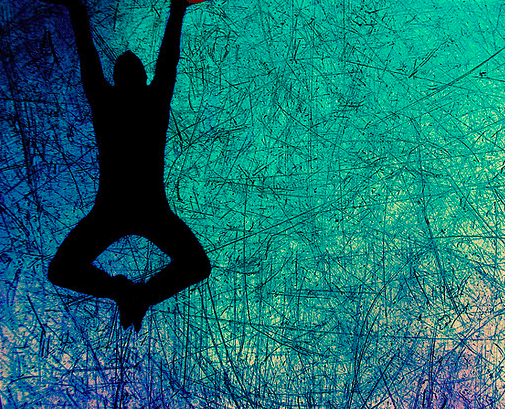Life Hacking - Page 2
A collection of posts on Life Hacking
- Topic
- Life Hacking
- Published
Reading time5 minute read
- Topic
- Life Hacking
- Published
Reading time8 minute read
- Topic
- Life Hacking
- Published
Reading time7 minute read
- Topic
- Life Hacking
- Published
Reading time7 minute read
- Topic
- Life Hacking
- Published
Reading time5 minute read
- Topic
- Life Hacking
- Published
Reading time5 minute read
- Topic
- Life Hacking
- Published
Reading time10 minute read
- Topic
- Life Hacking
- Published
Reading time11 minute read
- Topic
- Life Hacking
- Published
Reading time7 minute read
- Topic
- Life Hacking
- Published
Reading time6 minute read
- Topic
- Life Hacking
- Published
Reading time6 minute read
- Topic
- Life Hacking
- Published
Reading time6 minute read
- Topic
- Life Hacking
- Published
Reading time7 minute read
- Topic
- Life Hacking
- Published
Reading time9 minute read

- Topic
- Life Hacking
- Published
Reading time7 minute read
- Topic
- Life Hacking
- Published
Reading time6 minute read
- Topic
- Life Hacking
- Published
Reading time5 minute read
- Topic
- Life Hacking
- Published
Reading time6 minute read
- Topic
- Life Hacking
- Published
Reading time5 minute read
- Topic
- Life Hacking
- Published
Reading time5 minute read
- Topic
- Life Hacking
- Published
Reading time6 minute read
- Topic
- Life Hacking
- Published
Reading time6 minute read
- Topic
- Life Hacking
- Published
Reading time7 minute read